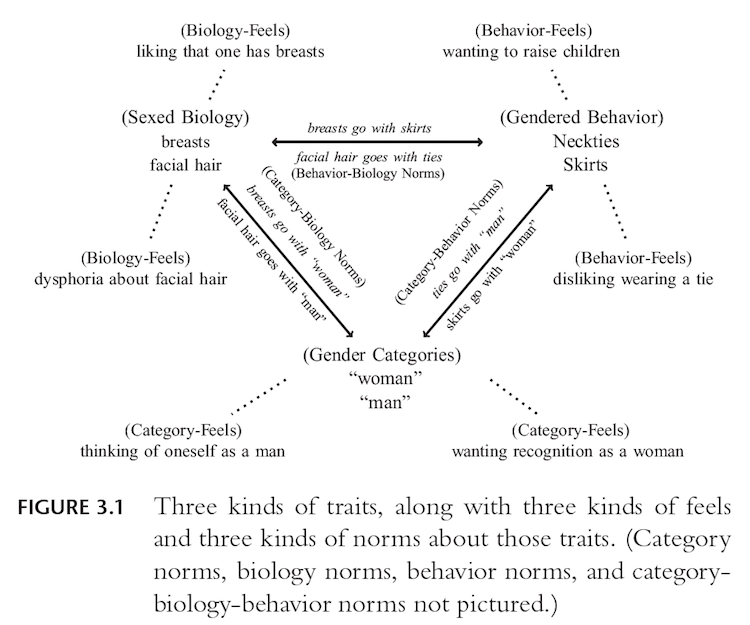Lagayscienza wrote: ↑April 8th, 2024, 3:38 am Something like 3-4% of the population are homosexual. If the old DSM had been correct, it would mean that 3-4% of the population were mentally ill just because they were gay. That's ridiculous. The great mathematician, computer scientist, logician, cryptanalyst, philosopher and theoretical biologist Alan Turing, and so many like him, were not mentally ill but so hounded by their society because of their sexuality that they were driven to suicide.I still think the analogy between sexuality and gender is over used and not really appropriate. Homosexuals do not need medical treatment to allow them to live the lives they want to. I do not think it's fair to say that society is causing people with gender dysphoria suffering by not providing them with medical treatment they believe they need in order to make others in society see them how they want to be seen. That is not to say that they are not suffering, only that it is not caused by society.
It's just as ridiculous to call people with gender dysphoria mentally ill. Their suffering is a result of others not wishing to allow them to live as the gender they feel themselves to be and not because they feel themselves to be a certain gender. Their suffering is inflicted by their society.
If true cases of gender dysphoria are caused by some kind of mis-match of their physical and brain genders, then it is clearly some sort of anomaly that can never (within our existing technological expertise) be fully rectified. At best you might be able to allow people to "pass" as the opposite gender and even then there will always be limits. To some extent, treatment should include helping such individuals to come to terms with their condition and not expect to ever fully change sex.

















































